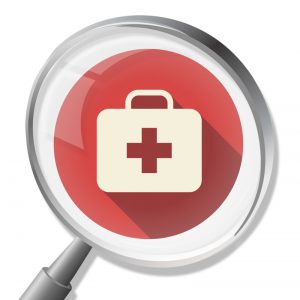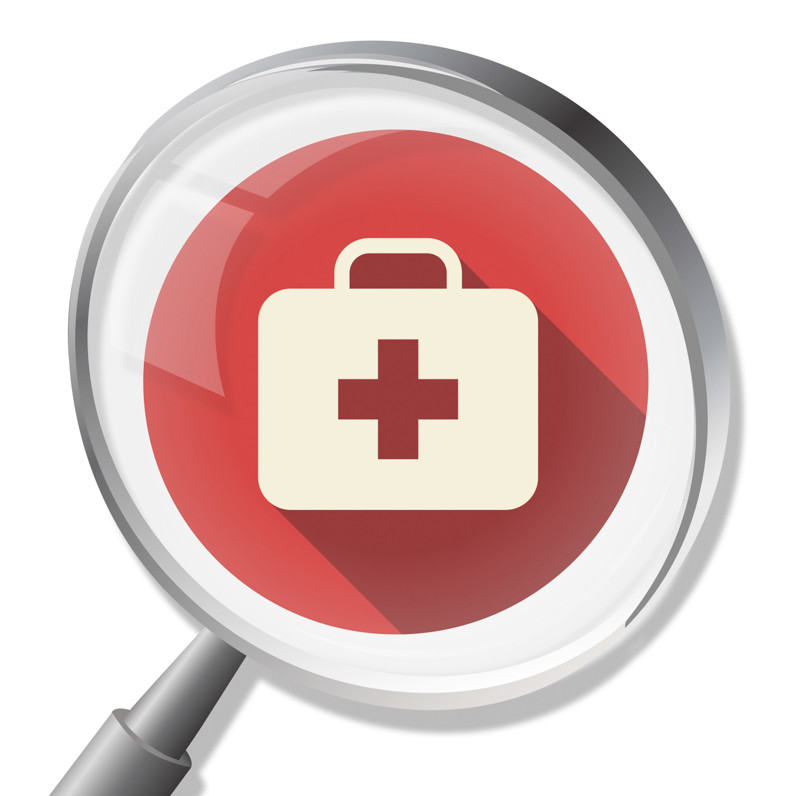With healthcare costs higher than they’ve ever been, more and more Americans are feeling the pinch. There aren’t a lot of easy solutions, although there are some ways you can save. These methods do not involve skimping on care, since your family’s health is too important for that. Here are some strategies to help you afford better healthcare.
1. Take Advantage Of Government Programs
Both state governments and the federal government offer assistance to obtain and pay for care. If you qualify for Medicaid or Medicare, for example, either of those programs can help you save substantially on healthcare costs.

You are eligible to enroll in Medicare Part B at the age of 65. In 2017, if your individual income is $85,000 or less or if your joint income is $170,000 or less Medicare Part B costs you $134/month. Medicare Part B helps pay for medically necessary doctor’s care, home health services, outpatient hospital care and physical therapists.
Medicaid- Medicaid assists people and families with low incomes. It pays money directly to health care providers and may require a co-pay. Medicaid benefits vary from state to state, but always include hospital services, vaccinations, prenatal care, family planning services, rural clinics, pediatric service and screenings, and laboratory and x-ray services. Unlike Medicare benefits, Medicaid benefits end within a month if the recipient’s financial situation improves.
County health centers are also excellent sources of low-cost vaccines, screenings and other preventative medical care you or your children might need. It’s always best to practice preventative care – it can save you a lot of money down the road and potentially save your life.
Depending on your income level you may qualify for free or partial coverage under the Affordable Care Act (aka. ObamaCare). To find out if you qualify and how much insurance would cost you go to HealthCare.gov.
2. Use Appropriate Care Clinics
Rather than going to the emergency room for urgent but non-emergency conditions, you should go to an urgent care clinic instead. This type of healthcare facility has seen an explosion in popularity and are being built in great numbers around the country now. Many urgent care clinics are in the networks of major hospitals in the area, so you’ll get quality care at a lesser cost while still remaining in your insurance network. You should look for professionals who know the importance of clinical integration, which can reduce your wait time by roughly 20%. As a note of warning, however: urgent care clinics should not replace your regular physician visits, nor can they handle conditions that require critical, extensive care. So the key to choosing which service to use is to use the same process that Doctor’s use in “Triage” which simply means determining the priorities for action.
So if your condition is urgent and life threatening you should go to the Emergency Room at your local Hospital. This will cost the most and be subject to the largest “Co-Pay”, if you take an Ambulance to get there that will probably cost more as well. If your condition is urgent and you can’t get in to see your regular Primary Care Physician (PCP) you should choose “Urgent Care”. This will cost much less than the emergency room and be subject to lower deductibles. If it isn’t urgent you should schedule an appointment with your PCP which will generally be subject to the lowest deductibles and “co-pays”.
It’s important to know before-hand which facilities are covered “in network” and which are “out of network” based on your individual insurance coverage. Out of network coverage can have a significantly higher co-pay and deductible or may not be covered at all. That is why it is important to shop carefully and know what your policy covers.
3. Shop Carefully For A Plan, And Know What It Entails
One of the most important healthcare decisions you can make for yourself and your family is which plan you choose, so it is not a decision to be made in haste. Seriously consider how much coverage you’ve actually needed in the past and use that as a guideline when it comes time to change or renew plans at the end of the year. There are plenty of health insurance agents who can help you search for a plan, as well as state and local non-profit services who can help you understand your options.
About the Author:

You might also like:
- Is Your House is Wasting Energy & Costing You More Money
- Getting the Best Deal on a New Car
- How Does Your Debt Compare?
- 5 Caveats When Buying Your First Home
“Emergency Healthcare” image courtesy of BlogPiks.com




